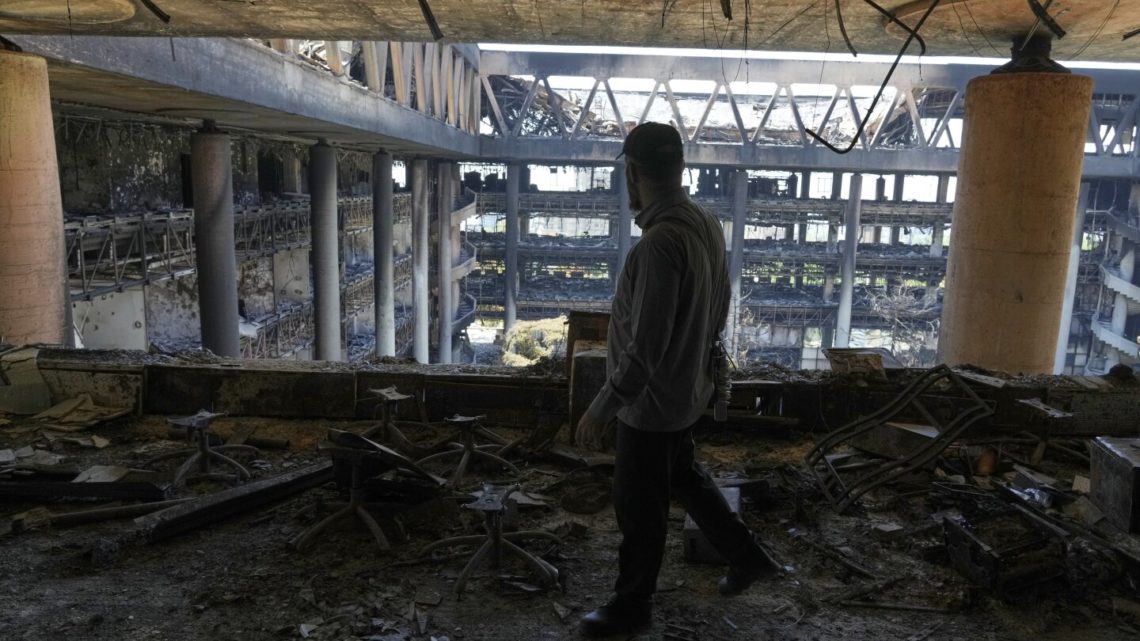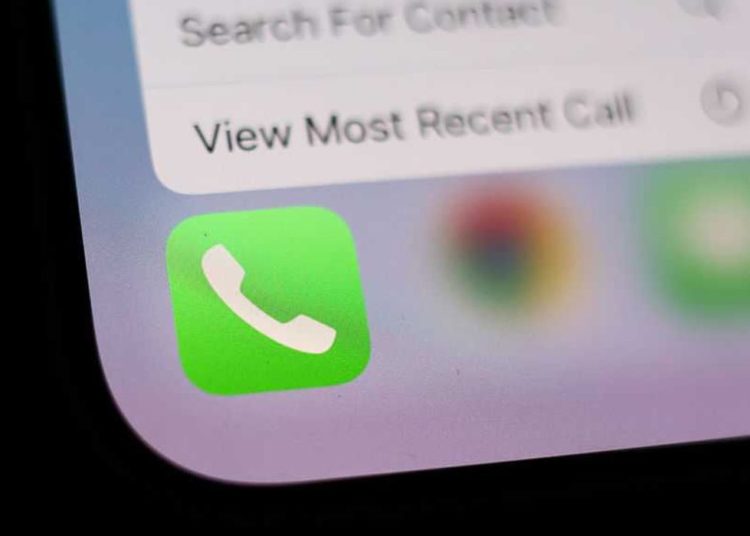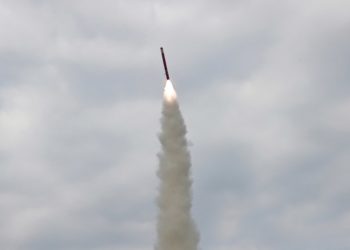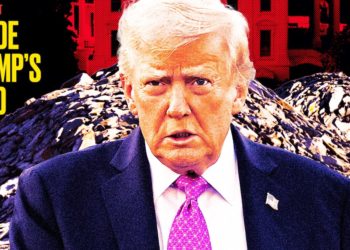GENEVA (AP) — Iran’s foreign minister plans to meet in Geneva on Friday with leading European counterparts, who hope to open a window for a diplomatic solution to the weekold war that has seen Israeli airstrikes target Iranian and military sites and .
Iranian Foreign Minister Abbas Araghchi, however, said his country is not seeking negotiations with anyone as long as Israel continues its strikes on Iran.
British Foreign Secretary David Lammy, who will meet Araghchi together with his French and German counterparts and the European Union’s foreign policy chief, said that “a window now exists within the next two weeks to achieve a diplomatic solution.”
The talks will be the first face-to-face meeting between Western and Iranian officials since the start of the conflict.
Lammy is traveling to Geneva after meeting in Washington with U.S. Secretary of State Marco Rubio and President Donald Trump’s Mideast envoy, Steve Witkoff.
Trump has been weighing whether to attack Iran by striking its well-defended Fordo uranium enrichment facility, which is buried under a mountain and widely considered to be out of reach of all but . He said Wednesday that he’ll decide within two weeks whether the U.S. military will get directly involved in the war given the “substantial chance” for renewed negotiations over Tehran’s nuclear program.
“Now is the time to put a stop to the grave scenes in the Middle East and prevent a regional escalation that would benefit no one,” Lammy said.
Israel says it launched its airstrike campaign last week to stop Iran from getting closer to being able to build a nuclear weapon. Iran and the United States had been negotiating over the possibility of a new diplomatic deal over Tehran’s program, though Trump has said Israel’s campaign came after a 60-day window he set for the talks.
Iran says no talks while Israeli attacks continue
Iran’s supreme leader Wednesday and warned that any military involvement by the Americans would cause “irreparable damage to them.”
In an interview aired Friday by Iranian state television, Araghchi said that “in the current situation, as the Zionist regime’s attacks continue, we are not seeking negotiations with anyone.”
“I believe that as a result of this resistance (by Iran), we will gradually see countries distancing themselves from the aggression carried out by the regime, and calls for ending this war have already begun, and they will only grow stronger,” he said. Araghchi, who also is expected to address the U.N. Human Rights Council in Geneva on Friday afternoon, added that Iran considers “the Americans to be companions and collaborators of the Zionist regime.”
Iran has long insisted its nuclear program is peaceful, though it was the only non-nuclear-armed state to enrich uranium up to 60%, a short, technical step away from weapons-grade levels of 90%.
The three European countries played an important role in the negotiations over the original 2015 nuclear deal between Iran and world powers. But they have repeatedly threatened to reinstate sanctions that were lifted under the deal if Iran does not improve its cooperation with the U.N. nuclear watchdog, the International Atomic Energy Agency.
Europeans stand ready to negotiate
Germany’s foreign minister acknowledged that years of efforts to relieve concerns about the possibility of Iran developing a nuclear weapon haven’t succeeded, but said it’s worth talking now.
“If there is serious and transparent readiness by Iran to refrain from this, then there is a real chance of preventing a further escalation of this conflict, and for that every conversation makes sense,” Johann Wadephul said in a podcast released by broadcaster MDR on Friday.
Wadephul said U.S. officials “not only know that we are conducting these talks but are very much in agreement with us doing so — so I think Iran should now know that it should conduct these talks with a new seriousness and reliability.”
Before traveling to Geneva on Friday, Wadephul said the Europeans would be prepared to hold further talks if Iran shows serious readiness to refrain from any enrichment that could result in nuclear weapons, among other things, but stressed that “it’s Iran’s move now.”
French Foreign Minister Jean-Noël Barrot spoke by phone with Rubio on Thursday evening.
A French diplomatic official, who was not allowed to speak publicly on the issue, said Barrot detailed the purposes of the Geneva meeting and Rubio “stressed that the U.S. was ready for direct contact with the Iranians at any time.”
__
Associated Press writers Geir Moulson in Berlin, Sylvie Corbet in Paris and Jill Lawless in London contributed to this report.
—-
The Associated Press receives support for nuclear security coverage from and . The AP is solely responsible for all content.
—-
Additional AP coverage of the nuclear landscape:
The post Europeans see a window for diplomacy as they meet Iran’s top diplomat appeared first on Associated Press.




